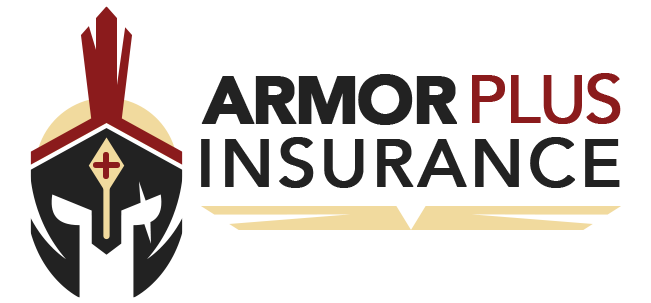Insurance plays a vital role in protecting what matters most in our lives, from our homes and vehicles to our health and financial well-being. However, navigating the world of insurance can be complex and overwhelming, with a myriad of products, coverage options, and policy features to consider. In this article, we’ll explore the importance of understanding insurance products and how doing so can help you make informed decisions to safeguard your assets and loved ones.
Understanding Your Coverage Needs: The first step in choosing the right insurance products is understanding your coverage needs. Take stock of your assets, liabilities, and potential risks to determine what types of insurance are essential for your situation. Consider factors such as your home value, vehicle type, health status, and financial obligations to assess your coverage requirements accurately.
Comparing Coverage Options: Once you’ve identified your coverage needs, it’s essential to compare different insurance products and coverage options to find the best fit for your circumstances. Research various insurers, policy features, limits, deductibles, and premiums to evaluate the value and benefits offered by each option. Keep in mind that the cheapest policy may not always provide the most comprehensive coverage, so prioritize value and suitability over price alone.
Tailoring Coverage to Your Needs: One of the key advantages of understanding insurance products is the ability to tailor coverage to your specific needs and preferences. Many insurers offer customizable policies and optional endorsements that allow you to adjust coverage limits, deductibles, and policy features to better align with your individual requirements. By taking advantage of these customization options, you can ensure that your insurance coverage meets your unique needs and offers adequate protection for what matters most to you.
Avoiding Coverage Gaps and Overlaps: A thorough understanding of insurance products can help you avoid coverage gaps and overlaps that may leave you vulnerable to financial losses or unnecessary expenses. Review your existing insurance policies regularly to identify any gaps or redundancies in coverage and make adjustments as needed to ensure comprehensive protection. For example, if your homeowners insurance doesn’t cover flood damage, consider purchasing a separate flood insurance policy to fill this gap and protect your home and belongings against flood-related losses.
Staying Informed and Empowered: Finally, understanding insurance products empowers you to make informed decisions about your coverage and benefits. By familiarizing yourself with insurance terminology, policy features, and industry trends, you can advocate for your interests, compare options effectively, and navigate the claims process with confidence. Whether you’re purchasing a new insurance policy, updating existing coverage, or filing a claim, having a solid understanding of insurance products puts you in control of your financial protection and peace of mind.
Insurance is a cornerstone of financial planning and risk management, offering essential protection for our assets, health, and well-being. By understanding insurance products and coverage options, you can make informed decisions to safeguard what matters most in your life. From assessing your coverage needs and comparing options to tailoring coverage to your preferences and avoiding coverage gaps, a solid understanding of insurance products is crucial for ensuring comprehensive protection and peace of mind for you and your loved ones.

